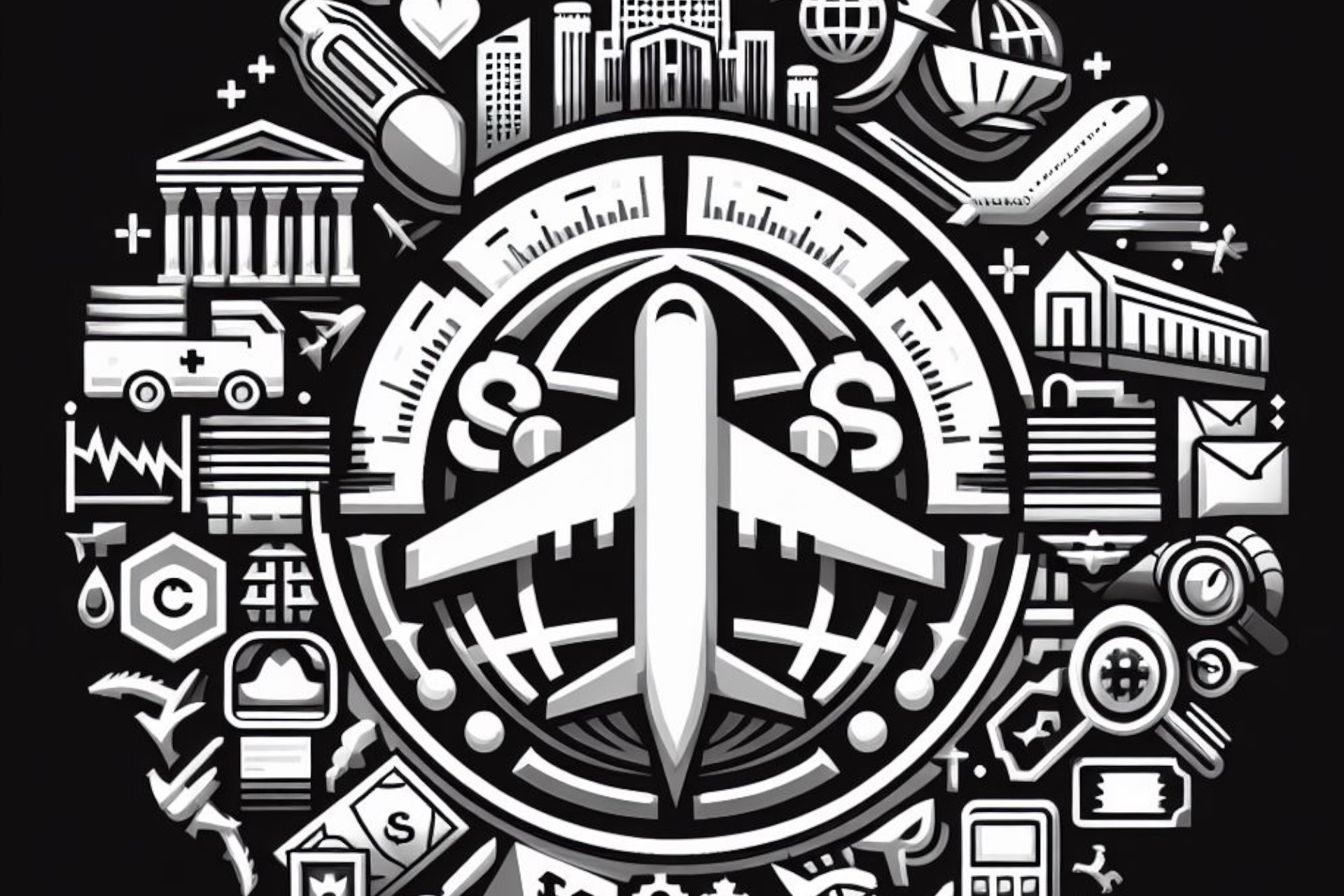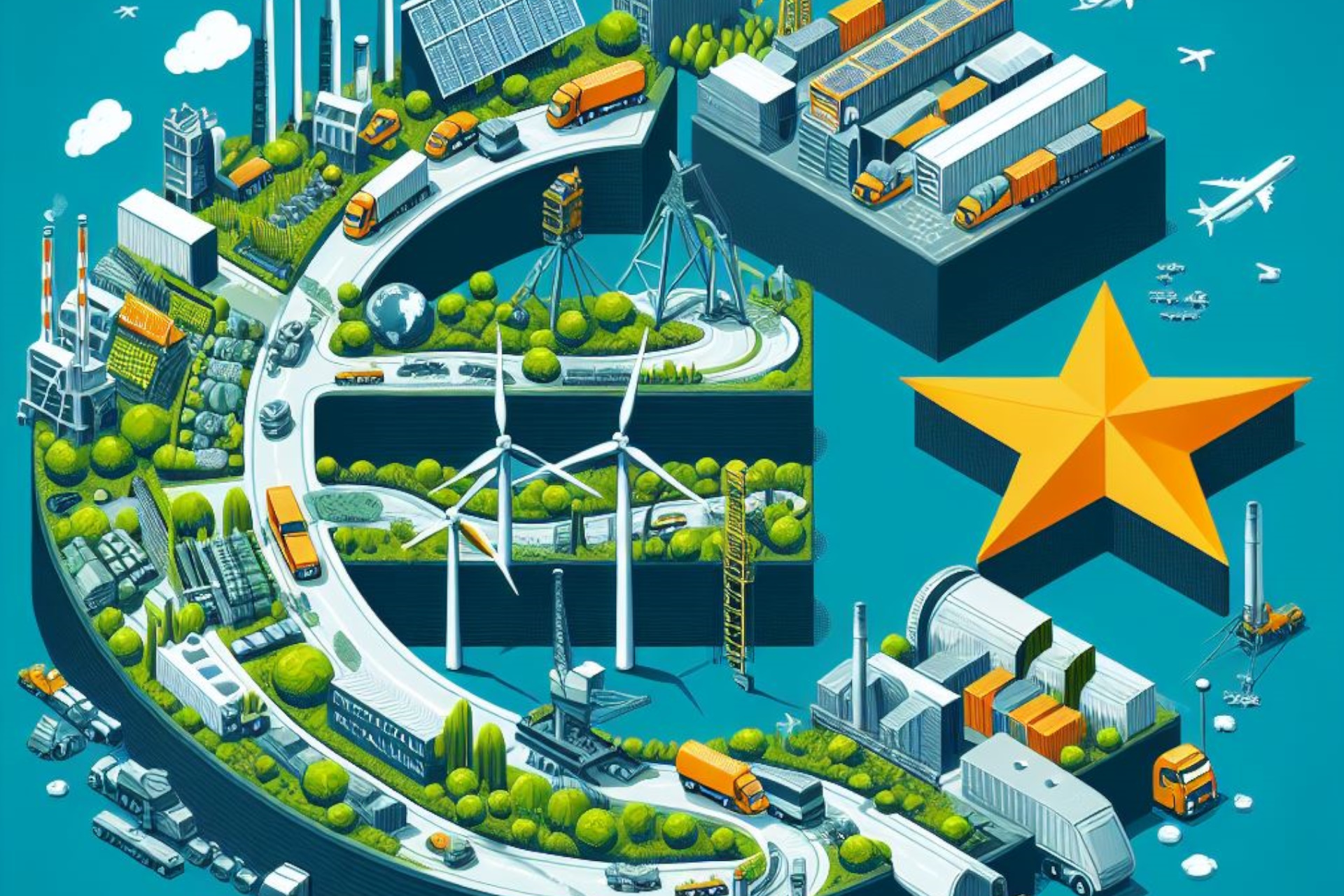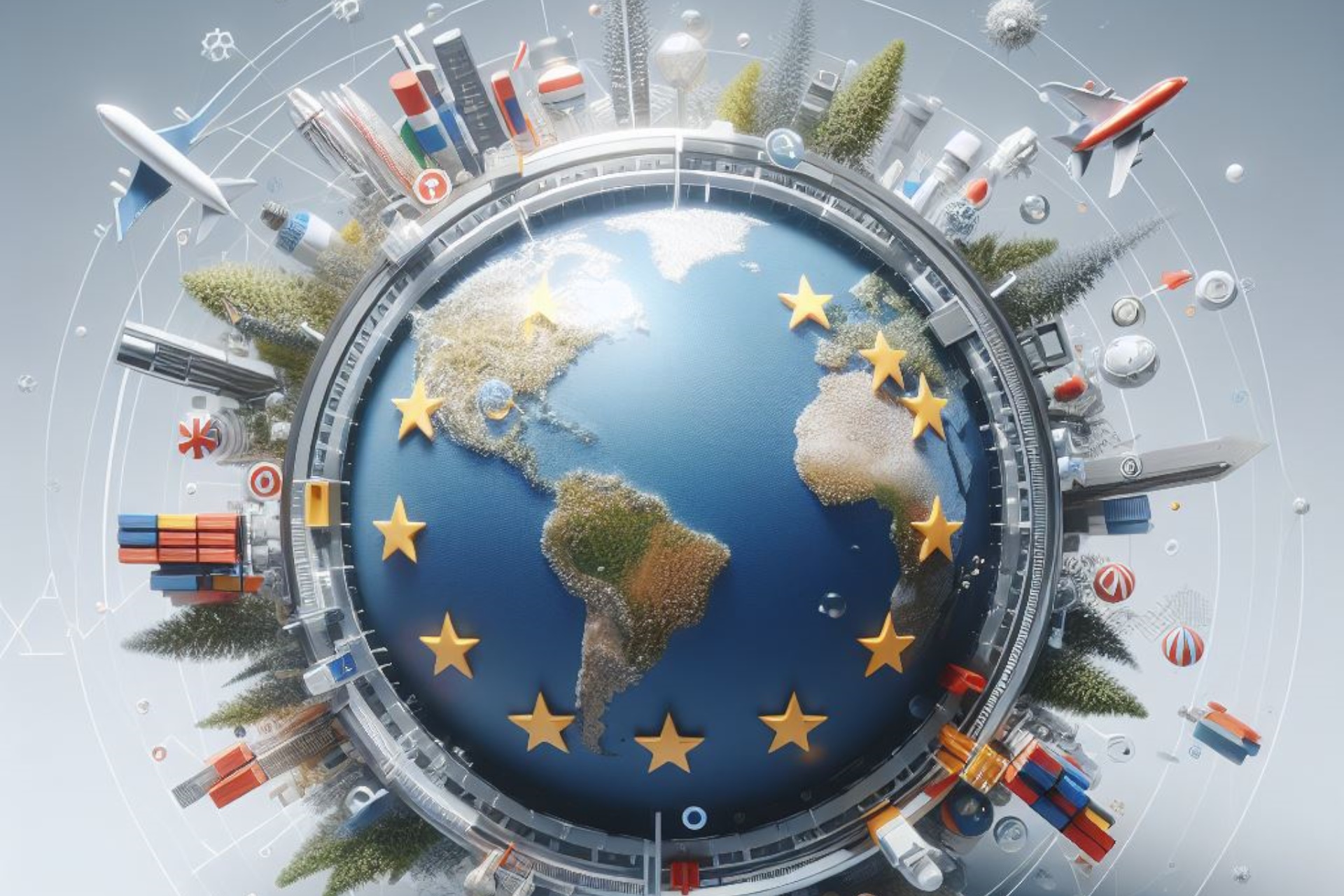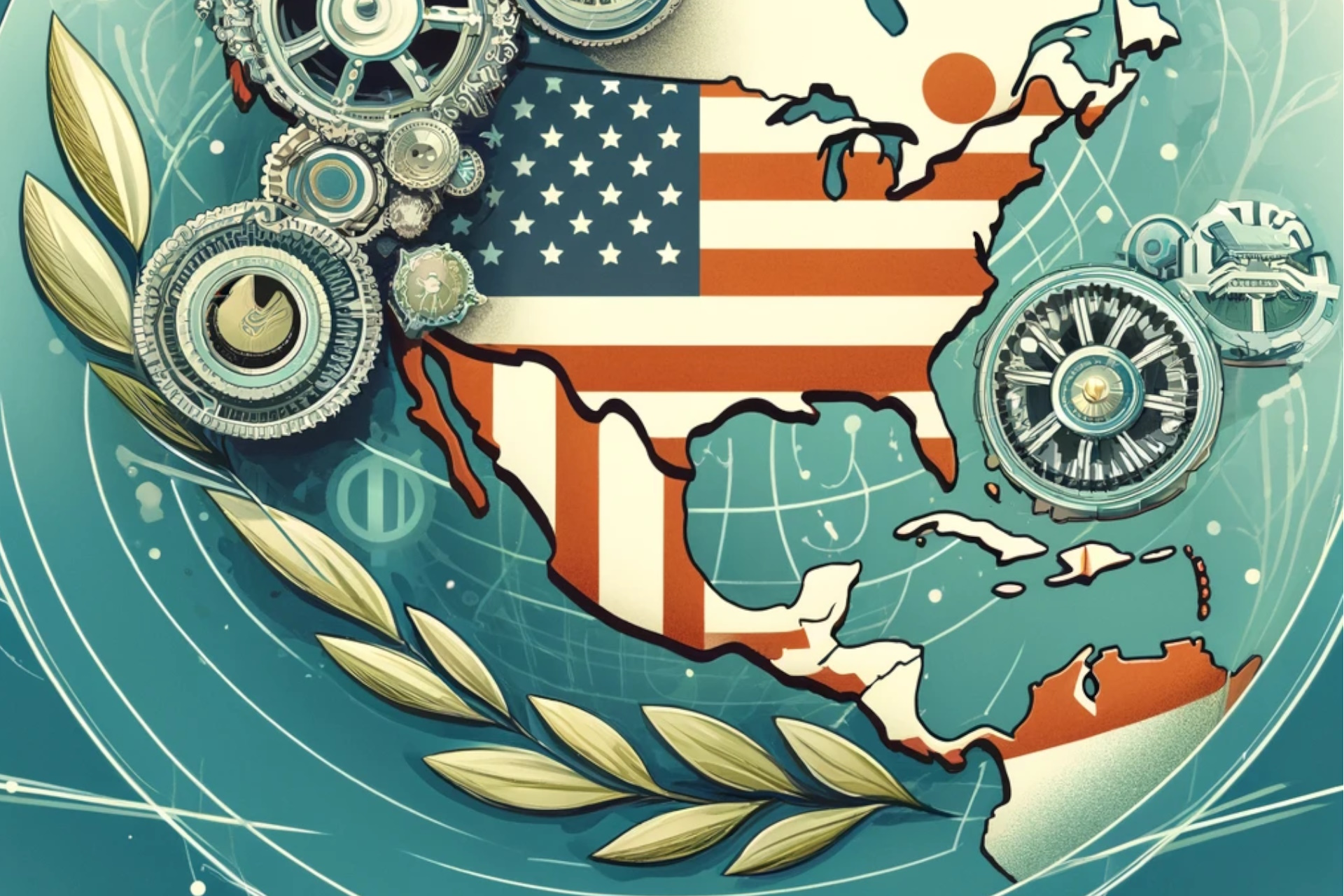In the wake of the COVID-19 pandemic, the landscape of cross-border trade has undergone a profound transformation. As the global economy gradually emerges from the shadows of lockdowns and restrictions, businesses are faced with the challenge of adapting to a new reality. However, amidst the uncertainties, opportunities abound for those willing to embrace innovation and resilience.
One of the most significant shifts in cross-border trade post-pandemic is the accelerated digitalization of commerce. With physical barriers and travel restrictions in place, e-commerce has emerged as a lifeline for businesses seeking to reach customers across borders. This trend is likely to continue well into the future, making it imperative for businesses to invest in robust online platforms and digital marketing strategies.
Moreover, the pandemic has underscored the importance of diversifying supply chains and reducing reliance on single sourcing. As disruptions in global logistics and manufacturing chains have highlighted vulnerabilities, businesses are increasingly exploring alternative sourcing options and regionalizing their supply networks. This trend towards localization presents an opportunity for businesses to forge stronger partnerships with suppliers in nearby regions, thereby reducing lead times and enhancing agility.
Another key aspect of post-pandemic cross-border trade is the heightened focus on sustainability and ethical business practices. As consumers become more environmentally and socially conscious, there is a growing demand for products that are produced ethically and sustainably. Businesses that prioritize transparency in their supply chains and adopt eco-friendly practices are likely to gain a competitive edge in the global marketplace.
Furthermore, the post-pandemic era presents an opportunity for businesses to leverage emerging technologies such as blockchain and artificial intelligence to streamline cross-border transactions and enhance supply chain visibility. By leveraging blockchain technology, businesses can ensure greater transparency and security in international transactions, while AI-powered analytics can provide valuable insights into consumer behavior and market trends.
In navigating the complexities of cross-border trade in the post-pandemic world, businesses must also remain vigilant of evolving regulatory frameworks and geopolitical dynamics. With an increasingly fragmented global landscape, compliance with trade regulations and tariffs is essential to avoid disruptions and minimize risks.
#CrossBorderTrade #PostPandemic #GlobalCommerce #Digitalization #SupplyChain #Sustainability #EmergingTechnologies #TradeRegulations #GeopoliticalDynamics
Read more views

















































































